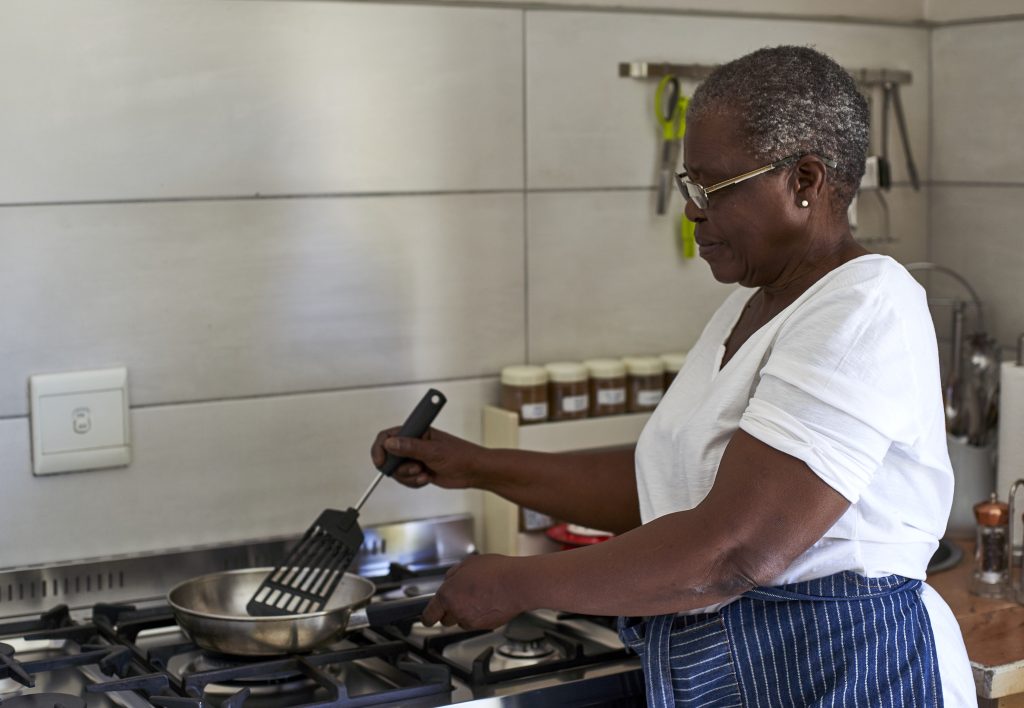
On January 14, 2025, COMESA and the World Bank co-hosted a pivotal webinar to discuss the Green Climate Fund (GCF) Ascent-Green Program. The ASCENT-GREEN initiative is designed to implement “predictable result-based financing and grants,” specifically targeting Distributed Renewable Energy (DRE) and clean cooking companies to align financial support with regional aspirations.
The program aims to increase equity investments, thereby promoting the growth of DRE companies and enabling them to expand their operations throughout the region. Moreover, it will provide affordable local currency financing, addressing the challenges posed by foreign exchange risks to streamline the financial management of DRE companies’ costs and revenues.
The webinar convened a range of notable participants, including Mr. Erik Fernstrom from the World Bank, senior government officials from ASCENT countries, and stakeholders from ASCENT-eligible partner states.
During his opening remarks, Director of Infrastructure and Logistics, Dr. Bernard Dzawanda, emphasized the necessity of strategic interventions to confront the energy access challenges facing Africa.
“I commend the World Bank for its tireless efforts to enhance the energy landscape in Eastern and Southern Africa,” he remarked, underscoring the importance of these interventions in achieving Sustainable Development Goal 7, which aims for universal energy access by 2030.
Highlighting the ASCENT Program, a significant $5 billion initiative, Dr. Dzawanda expressed his appreciation for the ongoing resource mobilization by the World Bank to support ASCENT goals.
He stated that “access to reliable, affordable, and sustainable energy is fundamental not only for economic growth but also for poverty alleviation and environmental sustainability.”
“Over 700 million people globally, predominantly in Africa, continue to lack electricity,” Dr. Dzawanda noted, adding that “bridging this gap requires significant financial resources, and climate finance can play a crucial role in addressing this challenge.”
He identified several barriers impeding investments in renewable energy, including high-risk perceptions, elevated borrowing costs, and low consumer affordability. In response, he outlined the key interventions of the ASCENT-GREEN initiative aimed at overcoming these obstacles.
Dr. Dzawanda further urged ASCENT countries to actively support the initiative, asserting that its implementation would bolster country-led efforts to enhance clean energy access and facilitate a transition towards sustainable energy systems.
The ASCENT-GREEN initiative signifies a commitment to scaling up climate finance and represents a hopeful stride towards a future where clean, reliable energy is accessible to all.

